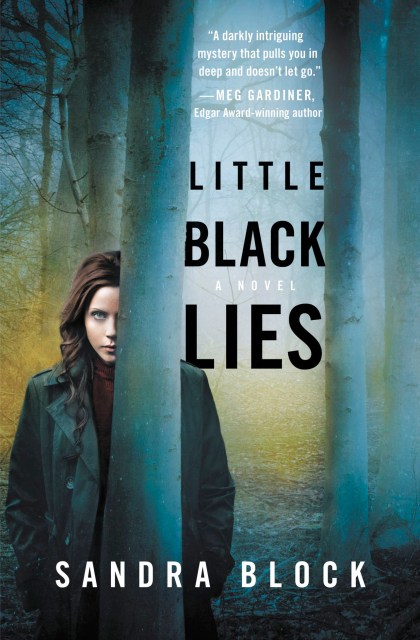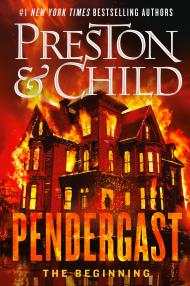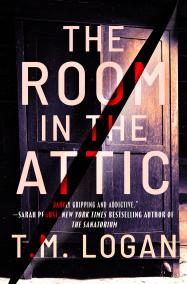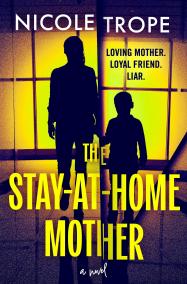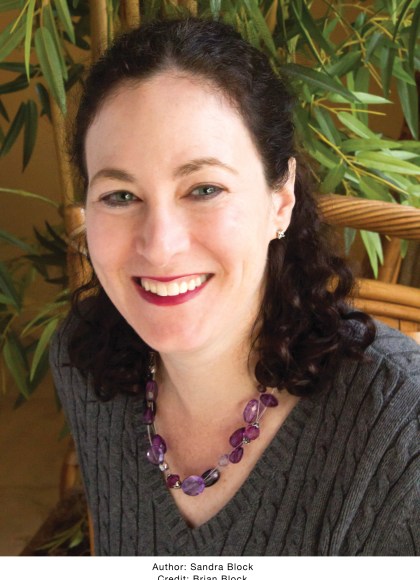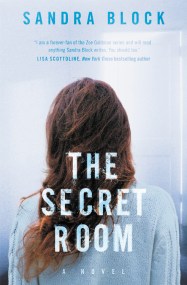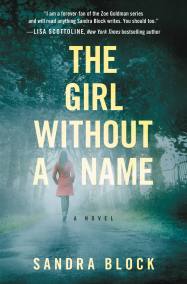By clicking “Accept,” you agree to the use of cookies and similar technologies on your device as set forth in our Cookie Policy and our Privacy Policy. Please note that certain cookies are essential for this website to function properly and do not require user consent to be deployed.
Little Black Lies
Contributors
By Sandra Block
Formats and Prices
- On Sale
- Feb 17, 2015
- Page Count
- 352 pages
- Publisher
- Grand Central Publishing
- ISBN-13
- 9781455583737
Price
$18.99Price
$24.99 CADFormat
Format:
- Trade Paperback $18.99 $24.99 CAD
- Audiobook Download (Unabridged)
This item is a preorder. Your payment method will be charged immediately, and the product is expected to ship on or around February 17, 2015. This date is subject to change due to shipping delays beyond our control.
Buy from Other Retailers:
She helps people conquer their demons. But she has a few of her own…
In the halls of the psychiatric ward, Dr. Zoe Goldman is a resident in training, dedicated to helping troubled patients. However, she has plenty of baggage of her own. When Zoe becomes obsessed with questions about her own mother’s death, the truth remains tauntingly out of reach, locked away within her nightmares of an uncontrollable fire. And as her adoptive mother loses her memory to dementia, the time to find the answers is running out.
As Zoe digs deeper, she realizes that the danger is not just in her dreams but is now close at hand. And she has no choice but to face what terrifies her the most. Because what she can’t remember just might kill her.
Little Black Lies is about madness and memory – and the dangerous, little lies we tell ourselves just to survive.
In the halls of the psychiatric ward, Dr. Zoe Goldman is a resident in training, dedicated to helping troubled patients. However, she has plenty of baggage of her own. When Zoe becomes obsessed with questions about her own mother’s death, the truth remains tauntingly out of reach, locked away within her nightmares of an uncontrollable fire. And as her adoptive mother loses her memory to dementia, the time to find the answers is running out.
As Zoe digs deeper, she realizes that the danger is not just in her dreams but is now close at hand. And she has no choice but to face what terrifies her the most. Because what she can’t remember just might kill her.
Little Black Lies is about madness and memory – and the dangerous, little lies we tell ourselves just to survive.
Series:
-
"A psychological suspense story smartly narrated... Zoe has a quick wit that emerges in wickedly unexpected ways."New York Times Book Review
-
"The suspense keeps building throughout until the shocking ending. This is a riveting debut from a promising new author."Booklist
-
"Little Black Lies is a darkly intriguing mystery with a feisty young doctor as its protagonist. Sandra Block pulls you in deep and doesn't let go."Meg Gardiner, Edgar Award-winning author
-
"Sandra Block's heroine is smart, heartbreakingly vulnerable, and laugh-out-loud funny. I am a forever-fan of the Zoe Goldman series and will read anything Block writes. You should too."Lisa Scottoline, New York Times bestselling author
-
"Little Black Lies is a daring, original debut that explores the dark side of memory. In Zoe, Block has created a character who is complicated, smart, and sympathetic. I can't wait to see what Block has in store for Zoe next."Heather Gudenkauf, New York Times bestselling author
-
"Taut writing. Great protagonist. Believable plot. As well as an ending you didn't see coming."BookLoons.com
Newsletter Signup
By clicking ‘Sign Up,’ I acknowledge that I have read and agree to Hachette Book Group’s Privacy Policy and Terms of Use
